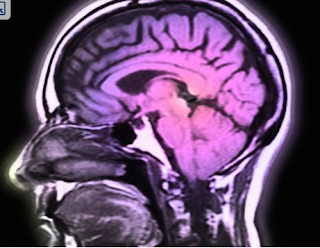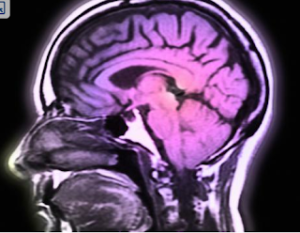
The researchers found that the obese people had less brain activity in the area known as the prefrontal cortex, where powers of inhibition (choosing not to do things) are based, even when their blood sugar levels were normal. “That implies that obese people may have a harder time fighting off the urge to eat, especially when their sugar levels are below normal,” Page said. The pre frontal cortex (PRC) is the thinking part of our brain that makes up our cognition. So, what you think, you become. This is why Cognitive Behavioral Therapy (CBT) is the most popular and effective form of treatment for many disorders. If you can change your thinking about something, you change your feeling and subsequently your actions. In practical terms, if you decide that eating a second helping, cleaning your plate, having that desert, then your will do so. However, it you “think” the aforementioned items are unnecessary or hurtful to you, then you will make another choice. Of course, keep an eye on your blood sugar levels!





